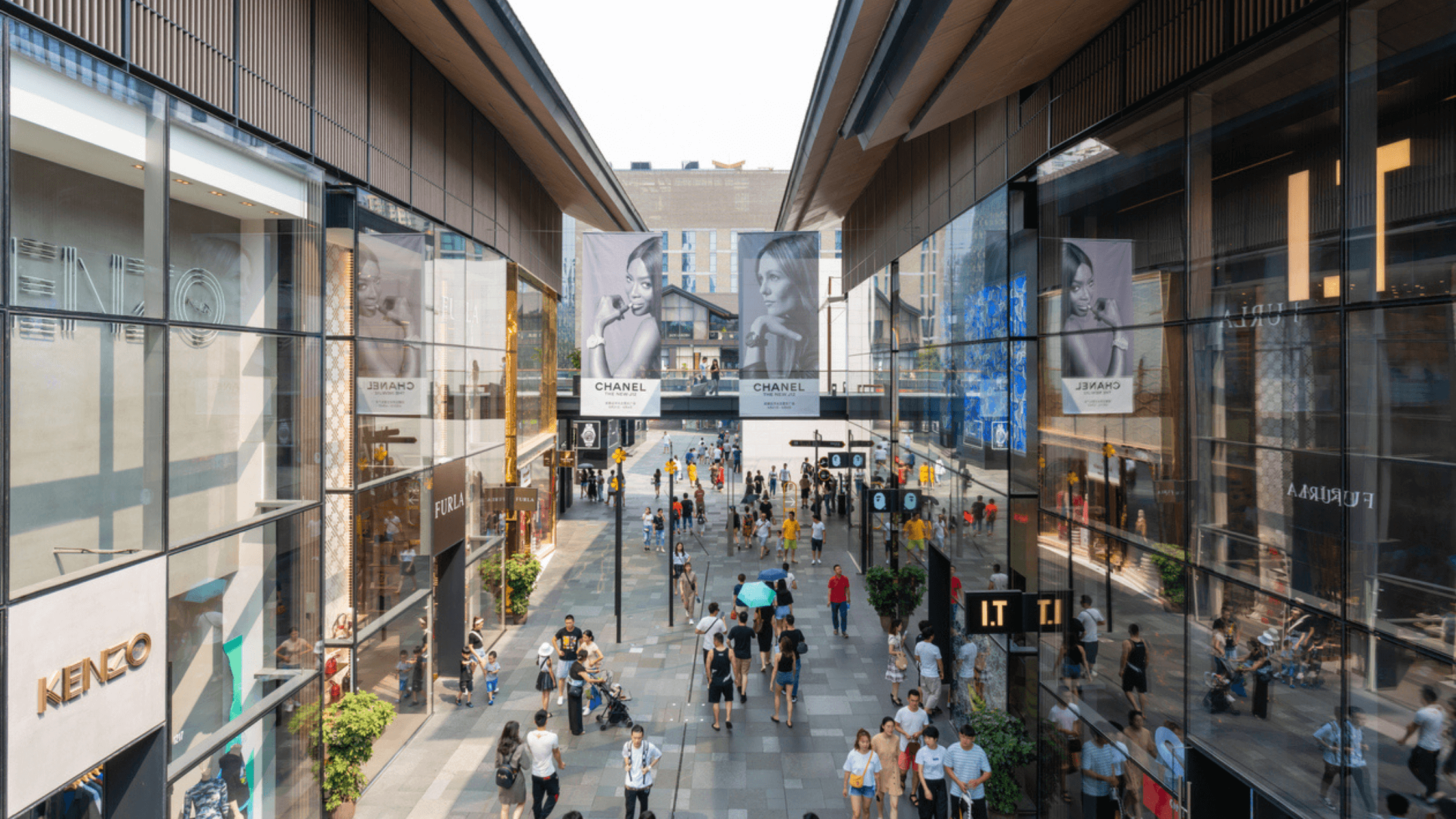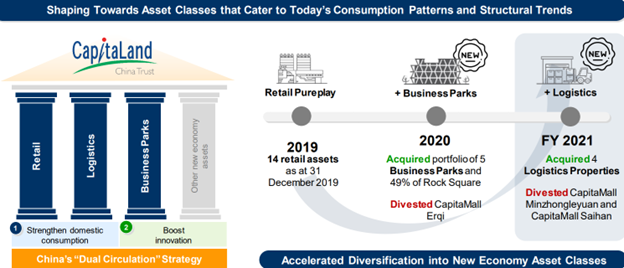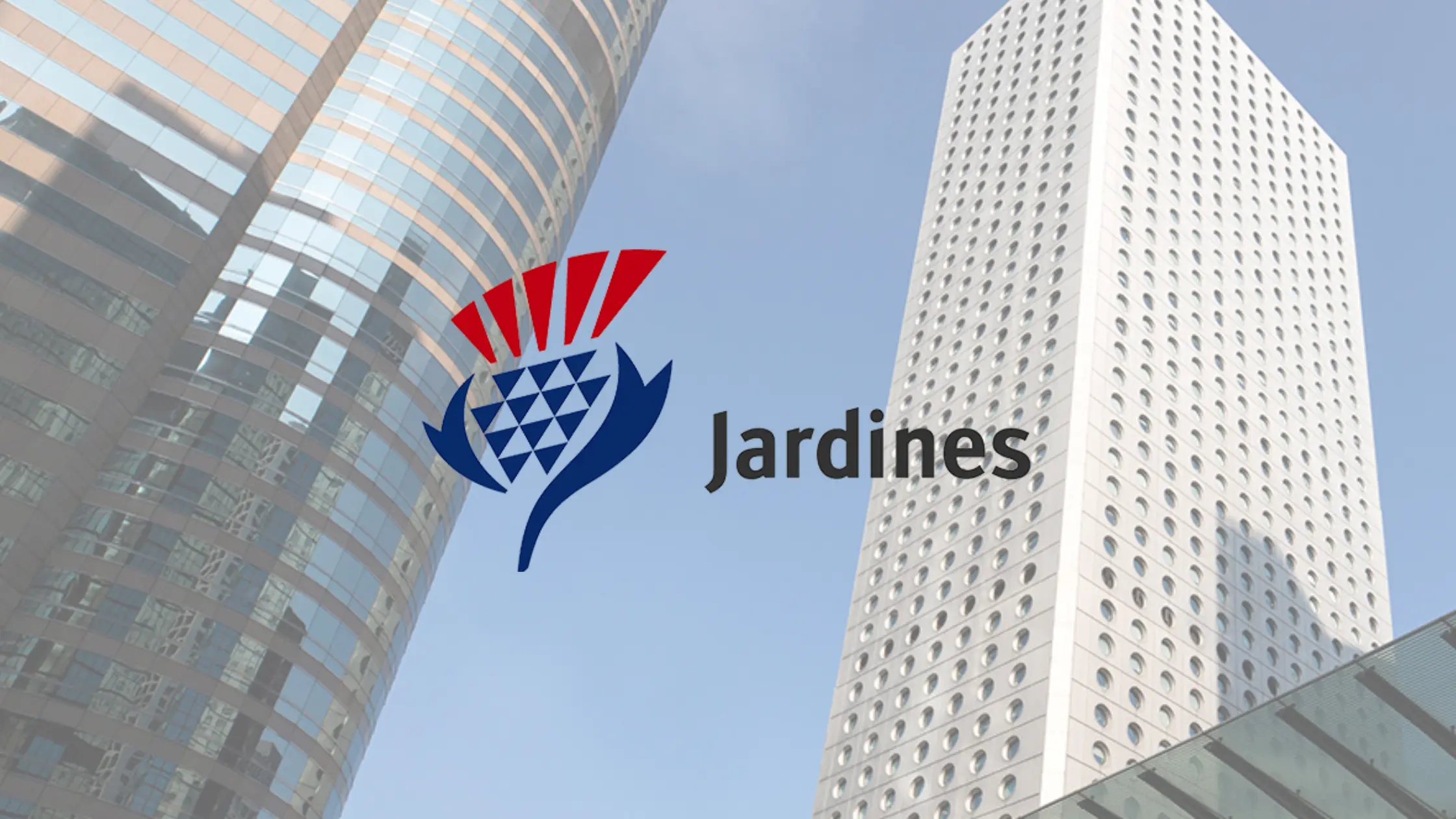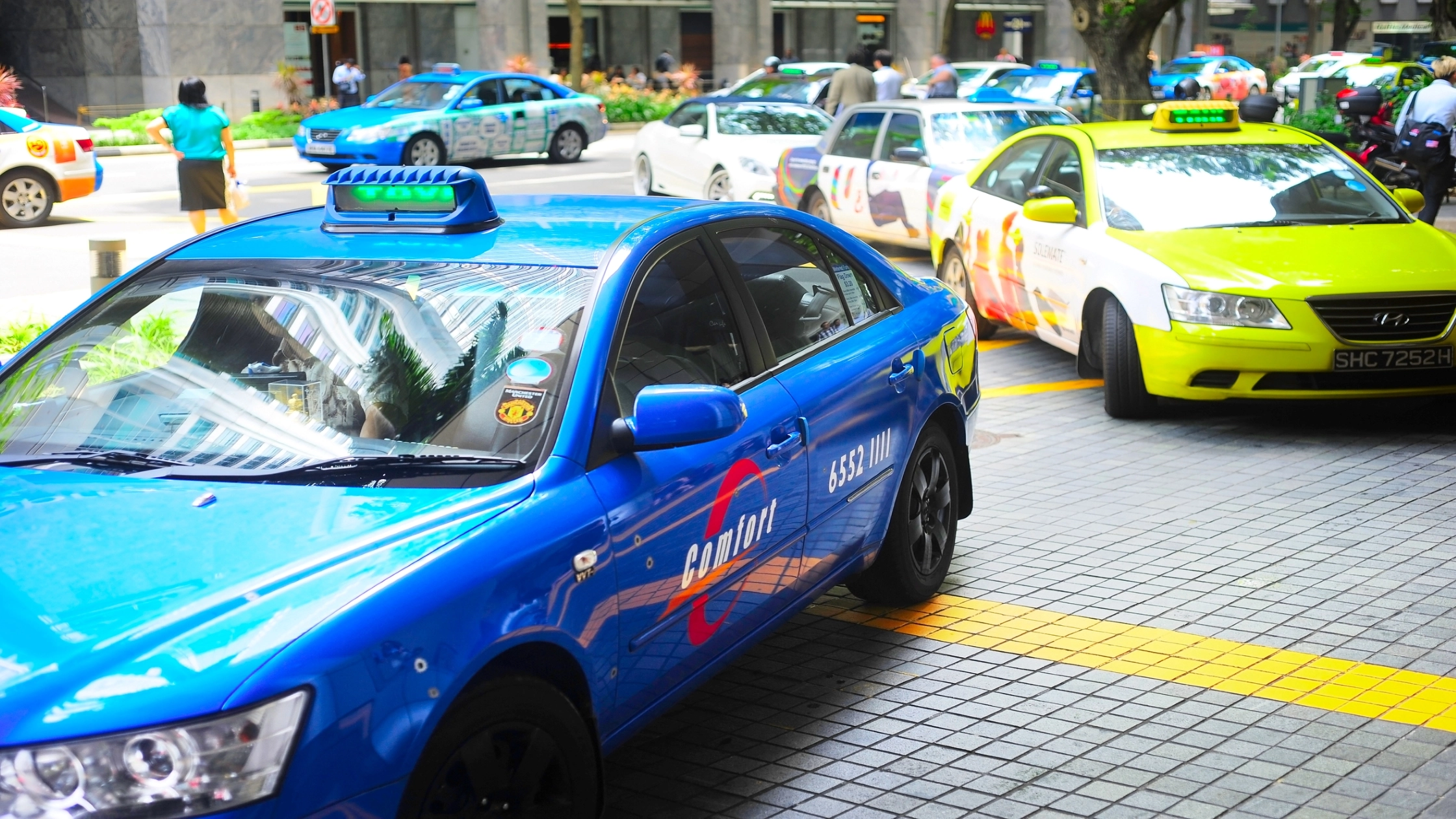CapitaLand China Trust: Should Dividend Investors Be Happy With Results?
August 3, 2022

For Singapore investors, buying local stocks with exposure to China (during the Covid-19 pandemic) hasn’t been easy.
That’s because China’s “Zero-Covid” policy has slowed economic growth. It has also caused repeated lockdowns so far in 2022 in the world’s second-largest economy.
So, which Singapore stocks have exposure to China? Well, in the real estate investment trust (REIT) sector, there are quite a few.
One of the biggest REITs with 100% exposure to China is CapitaLand China Trust (SGX: AU8U) – a retail, business park, and logistics REIT.
The REIT, with a market cap of S$2 billion, reported its H1 2022 earnings results last week. So, should dividend investors be happy with its latest earnings?
NPI up but DPU falls 3.1%
Despite China’s economy experiencing multiple lockdowns in the first half of this year, CapitaLand China Trust’s gross revenue came in higher.
In H1 2022, gross revenue was S$199.2 million, up 12.7% year-on-year from the first half of 2021.
Meanwhile, net property income (NPI) was S$139.5 million for the first half of 2022. That was an increase of 15.9% year-on-year from the S$120.3 million recorded for the same period last year.
Despite that, the REIT’s H1 2022 DPU actually fell 3.1% year-on-year to 4.10 Singapore cents.
That came with a caveat, though, as management retained 0.22 Singapore cents due to an element of “uncertainty” related to China’s Zero-Covid policy.
Before the retained portion, the DPU payout would have been 4.32 Singapore cents – up 2.1% year-on-year.
Shifting towards “new economy” assets
For CapitaLand China Trust, its H1 2022 traffic for its retail assets fell by 21.1% year-on-year. As for H1 2022 sales, these fell 12.5% year-on-year.
There was, however, a month-on-month recovery in both of those numbers in June of this year. But rental reversion for retail during the period was negative at -2.8%.
So, what explains the higher NPI number? Mainly, this was down to contribution from its business parks and newly-acquired logistics parks.
In addition, rental reversion for its business park and logistics properties in H1 2022 were positive at +6.4% and +6.5%, respectively.
Over the past few years, the REIT has moved towards building up more “new economy” assets that tap into structural trends. That has been combined with divesting more of its retail assets (see below).

Source: CapitaLand China Trust H1 2022 earnings presentation
Its retail assets still account for just over 78% of assets under management (AUM). So, while new economy assets only account for 22% of AUM, management is aiming for this to rise to 30% by 2026.
CapitaLand China Trust owns just four logistics properties in China, a deal which was completed in November 2021.
Meanwhile, it also owns five business park assets that are focused on hi-tech industries.
High dividend yield but still early days
While CapitaLand China Trust’s portfolio is shifting towards more promising new economy assets, it is still early days for the transition.
As is obvious from the above, the legacy retail assets may still weigh on the REIT’s performance given China’s Zero-Covid policy.
That was backed up by management retaining a portion of the half-year DPU given the uncertain outlook.
However, investors are being rewarded somewhat for taking this risk. At its current price of S$1.15, CapitaLand China Trust units are offering up a 12-month forward dividend yield of 7.1%.
Disclaimer: PropserUs Head of Content & Investment Lead Tim Phillips doesn’t own shares of any companies mentioned.

Tim Phillips
Tim, based in Singapore but from Hong Kong, caught the investing bug as a teenager and is a passionate advocate of responsible long-term investing as a great way to build wealth.
He has worked in various content roles at Schroders and the Motley Fool, with a focus on Asian stocks, but believes in buying great businesses – wherever they may be. He is also a certified SGX Academy Trainer.
In his spare time, Tim enjoys running after his two young sons, playing football and practicing yoga.







